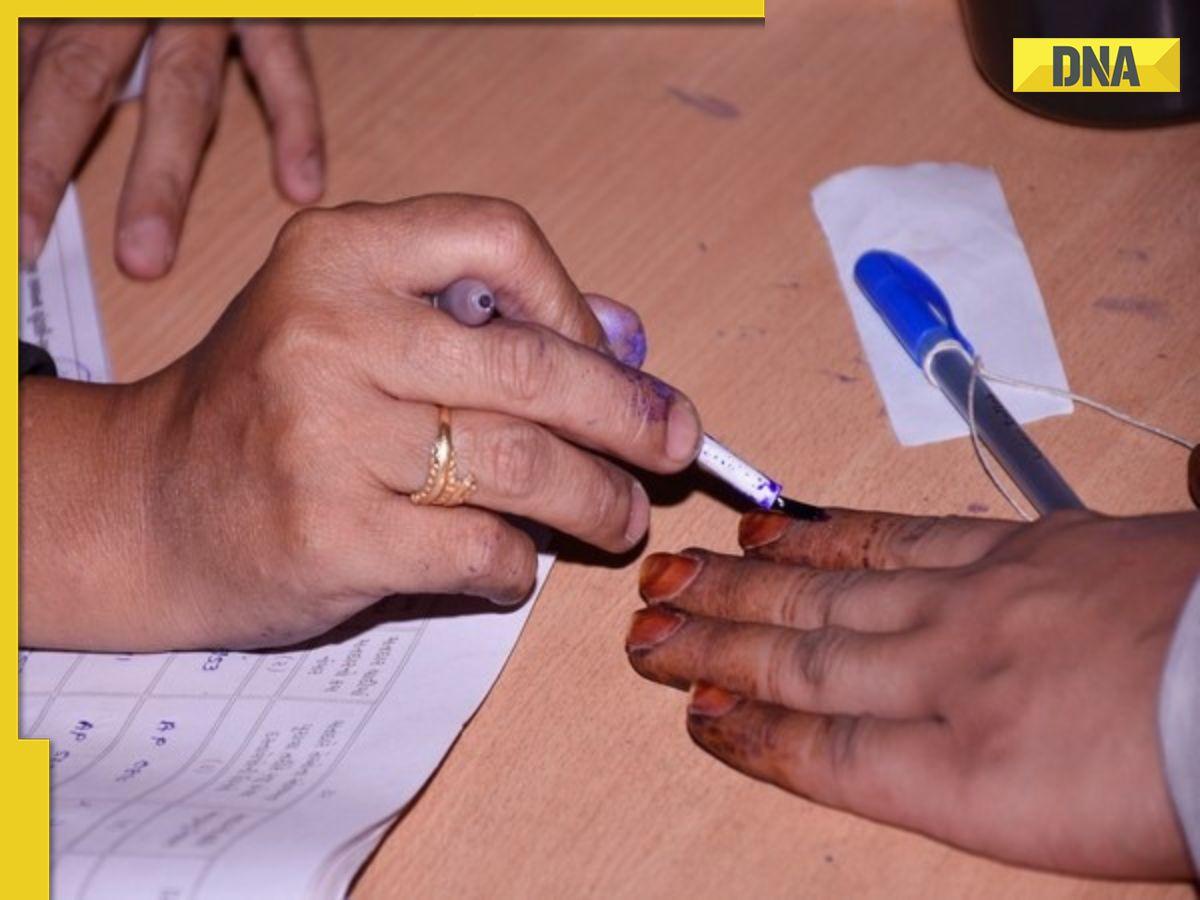
Nestled along the mighty Ganges in Uttar Pradesh, the city of Kanpur, with its rich industrial legacy, is gearing up for a significant event in its political calendar. Known as the “Manchester of the East” for its once-thriving textile industry, Kanpur today is a crucible of cultural and economic dynamics, reflected vividly in its political landscape. As part of the Kanpur parliamentary constituency, the five assembly segments – Kanpur Cantt, Govind Nagar, Sisamau, Arya Nagar, and Kidwai Nagar – each present a microcosm of the larger sociopolitical fabric of the city.
The electoral demographics of the Kanpur Lok Sabha seat have a definitive structure, with 11.72% of its populace belonging to the scheduled caste community and a mere 0.12% from the scheduled tribes, as per the data from the 2011 census. The city’s political affinities are also influenced by the Brahmin, Vaishya, Muslim, and Punjabi voting blocs. These communities’ preferences often sway the electoral verdicts, making every political party vie attentively for their support.
Kanpur is one of the 80 Lok Sabha seats in the pivotal state of Uttar Pradesh, a state often referred to as the bellwether for national political trends in India. The city is poised in anticipation for the fourth phase of the General Elections on May 13, where voters will exercise their democratic right to shape the central government. It’s a day marked with the weight of decisions that hold the capacity to alter the corridors of power in New Delhi. The constituents will have to wait until June 4, when the fate of the contesting candidates will be declared, and the triumphant legislator will emerge.
In the 2019 Lok Sabha elections, the Bharatiya Janata Party (BJP) fortified its hold on the Kanpur seat with Satyadev Pachauri clinching a resounding victory. Garnering 468,937 votes, he distorted the electoral prospects for the Indian National Congress (INC) candidate Sriprakash Jaiswal, who amassed 313,003 votes. The winning margin of 155,934 votes was not just a number—it was a statement of political dominance and voter trust in the BJP.
Revisiting the previous General Elections in 2014, the pattern of BJP’s stronghold was similarly reflected. Dr. Murli Manohar Joshi, a veteran politician of the BJP, emerged victorious with 474,712 votes, relegating the then-INC candidate and former victor Sriprakash Jaiswal to second place with 251,766 votes. With an electorate of 835,125 voters registered that year, the polling outcome was a significant moment, charting the political climate for the subsequent five years.
As the 2024 Lok Sabha elections approach, Kanpur’s citizens find themselves at yet another crossroads. The city, with its historical roots and modern challenges, stands as a symbol of India’s evolving narrative. The Bharatiya Janata Party and the Indian National Congress are once again locking horns, adding to the grand tapestry of electoral contests that is the hallmark of the world’s largest democracy.
Candidates from either side are leaving no stone unturned in their outreach efforts. Every rally, speech, and manifesto is meticulously crafted to resonate with the aspirations, needs, and sentiments of the Kanpur residents. The political temperature of the constituency is rising as strategic alliances are forged and electoral promises are dispensed with fervor.
As the polling date nears, political analysts and citizens alike are keenly observing the electoral battle that unfolds within this historically and economically significant constituency. With the proverbial political chessboard in place, Kanpur is ready to make a decision that will not only dictate its local trajectory but also have a bearing on the national political landscape of India. The die is cast, and all eyes are on this city as it prepares to cast a vote that echoes through the annals of Indian democracy.












